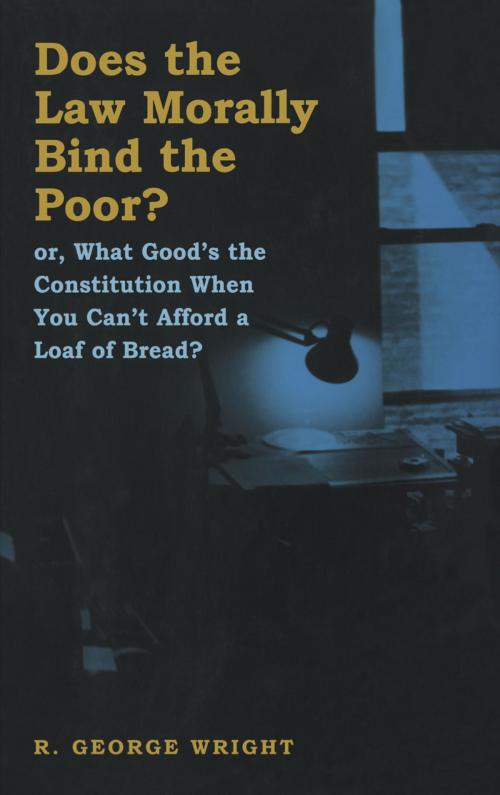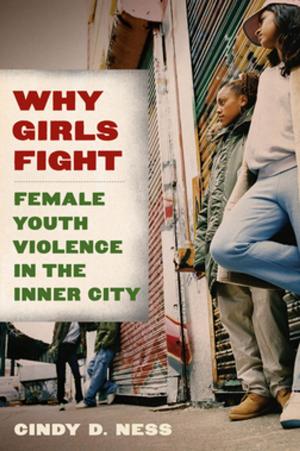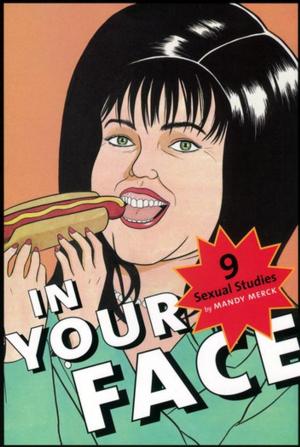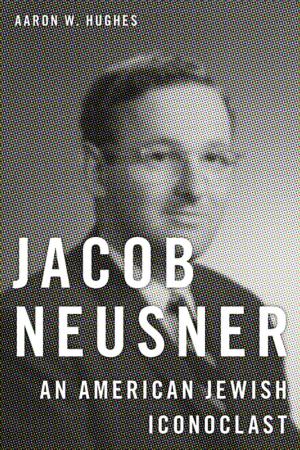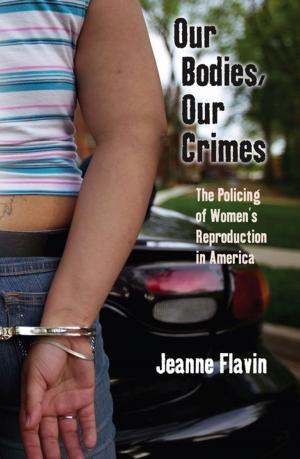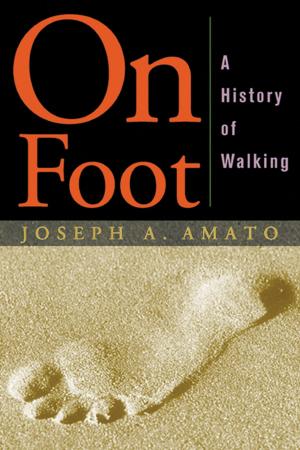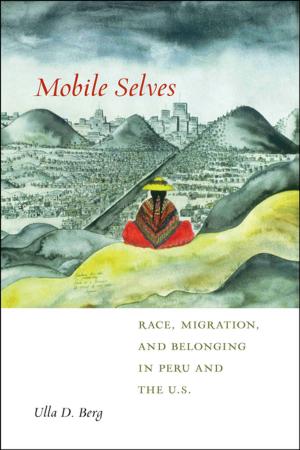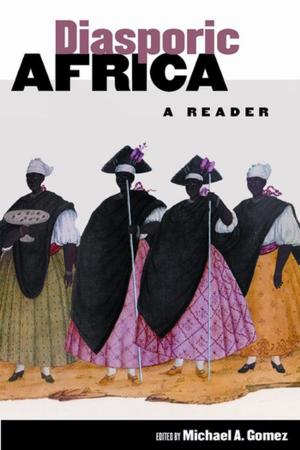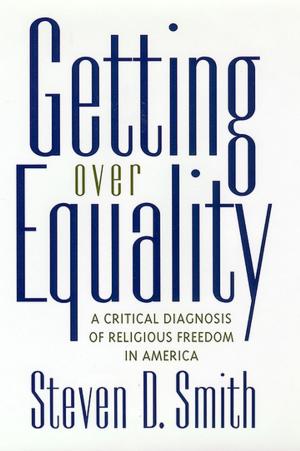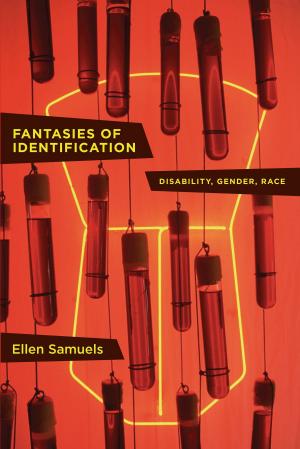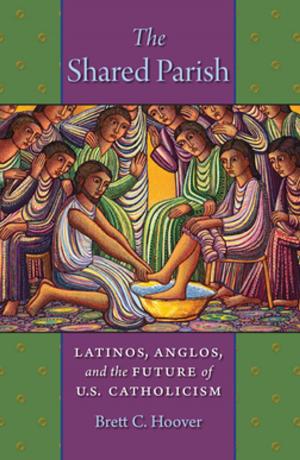Does the Law Morally Bind the Poor?
Or What Good's the Constitution When You Can't Buy a Loaf of Bread?
Nonfiction, Reference & Language, Law, Constitutional| Author: | R. George Wright | ISBN: | 9780814795026 |
| Publisher: | NYU Press | Publication: | April 1, 1996 |
| Imprint: | NYU Press | Language: | English |
| Author: | R. George Wright |
| ISBN: | 9780814795026 |
| Publisher: | NYU Press |
| Publication: | April 1, 1996 |
| Imprint: | NYU Press |
| Language: | English |
Consider the horror we feel when we learn of a crime such as that committed by Robert Alton Harris, who commandeered a car, killed the two teenage boys in it, and then finished what was left of their lunch. What we don't consider in our reaction to the depravity of this act is that, whether we morally blame him or not, Robert Alton Harris has led a life almost unimaginably different from our own in crucial respects.
In Does Law Morally Bind the Poor? or What Good's the Constitution When You Can't Buy a Loaf of Bread?, author R. George Wright argues that while the poor live in the same world as the rest of us, their world is crucially different. The law does not recognize this difference, however, and proves to be inconsistent by excusing the trespasses of persons fleeing unexpected storms, but not those of the involuntarily homeless. He persuasively concludes that we can reject crude environmental determinism without holding the most deprived to unreasonable standards.
Consider the horror we feel when we learn of a crime such as that committed by Robert Alton Harris, who commandeered a car, killed the two teenage boys in it, and then finished what was left of their lunch. What we don't consider in our reaction to the depravity of this act is that, whether we morally blame him or not, Robert Alton Harris has led a life almost unimaginably different from our own in crucial respects.
In Does Law Morally Bind the Poor? or What Good's the Constitution When You Can't Buy a Loaf of Bread?, author R. George Wright argues that while the poor live in the same world as the rest of us, their world is crucially different. The law does not recognize this difference, however, and proves to be inconsistent by excusing the trespasses of persons fleeing unexpected storms, but not those of the involuntarily homeless. He persuasively concludes that we can reject crude environmental determinism without holding the most deprived to unreasonable standards.
